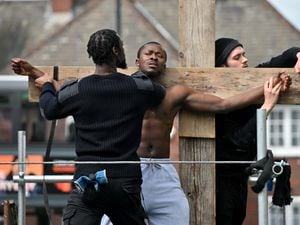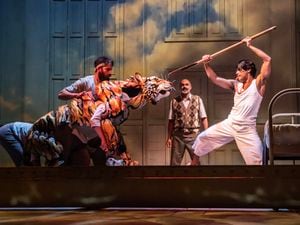Fate of Baghdad's first national museum told in emotive play at Stratford's Swan Theatre - review with pictures
This is a story of two Baghdads, 80 years apart, told through the fate of the city's first national museum.
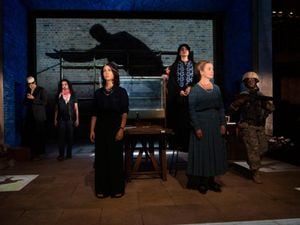
In 1926 British archaeologist and explorer Gertrude Bell set up the museum driven by a passion to preserve the Middle East's rich cultural heritage, clashing with colleagues who wanted to ship the lot to the British Museum.
In 2006 Iraqi-British archaeologist Ghalia Hussein was part of the effort to restore the museum to its former glory following the wholesale looting that occurred after the US-led invasion of 2003.
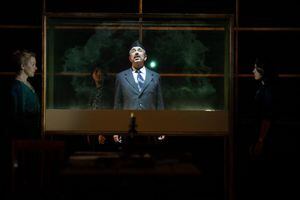
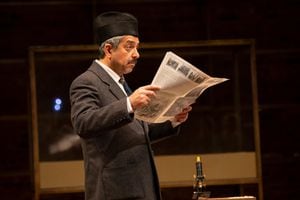
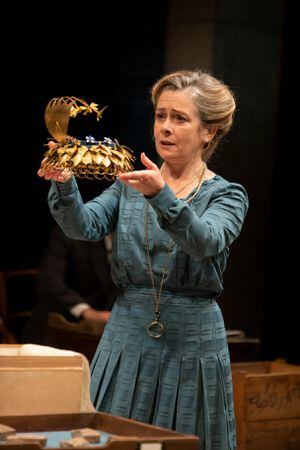
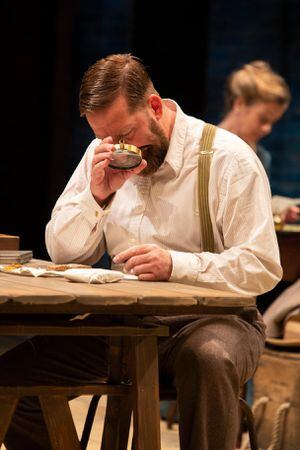
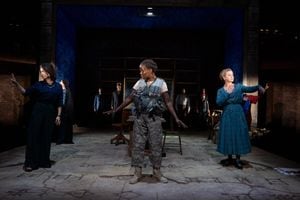
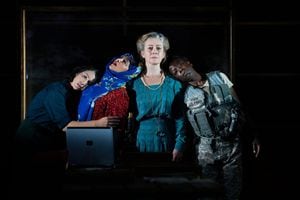
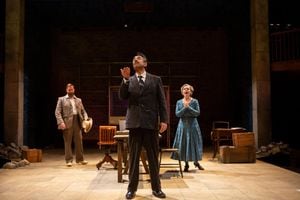
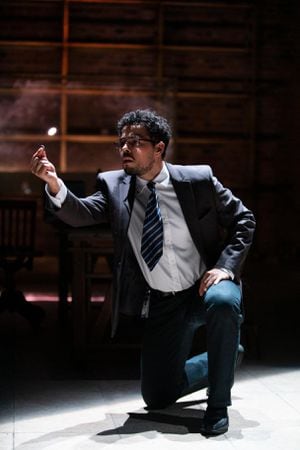
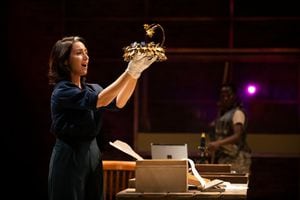
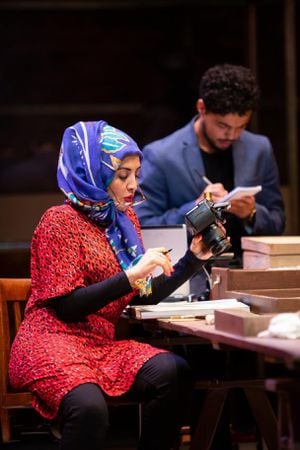
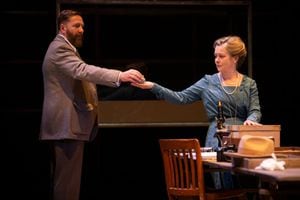
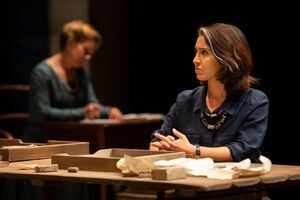
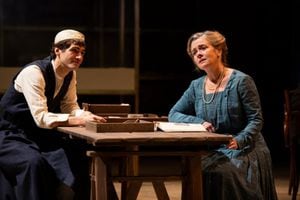

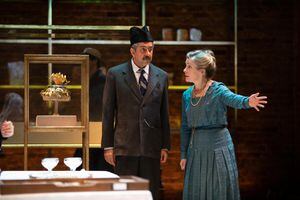
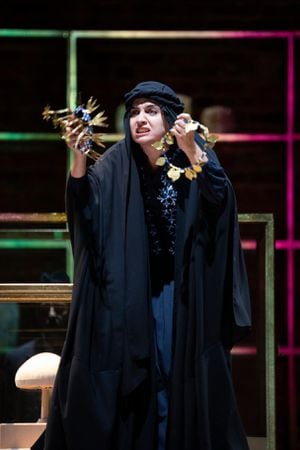
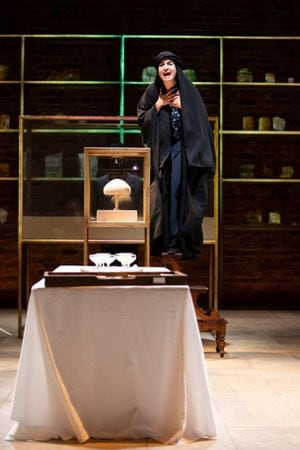
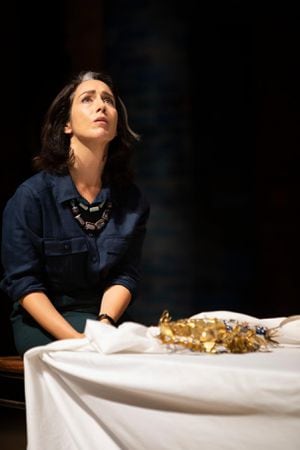
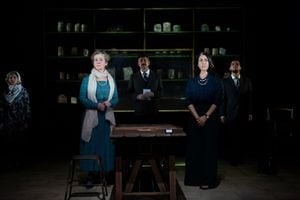
A tale of cultural pilfering through the ages then, set against a background of decades of suffering from both British and American imperial rule and internal civil unrest.
Playwright Hannah Khalil, of Irish- Palestinian parentage, throws out questions about how we value human life versus the irreplaceable artefacts, and who museums are for anyway.
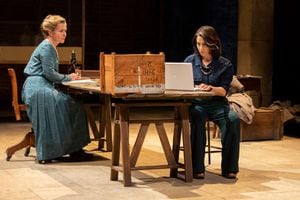
"There are bodies in the streets – it puts broken statues into perspective," says Baghdad native Layla, part of the 2006 team.
Bell and Hussein are often on stage at their separate desks at the same time. The women share fears that how their work might be used to shape national identity, and several times Khalil has them speaking the same lines simultaneously across the decades.
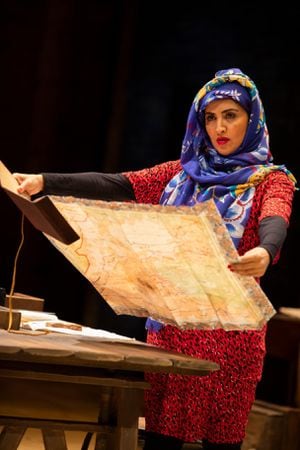
There is a lot going on in this RSC-commissioned piece, and sometimes it feels like Khalil is trying to pack too much in, draw too many parallels. The status of women is addressed, the legacy of colonialism, there is even a reference to an Englishman, a Scotsman and a Paddy. Sadly it's not a joke.
At one stage the whole cast are on stage throwing out words, ideas, accusations. It's difficult to decipher what anyone is saying, much less put it into context.
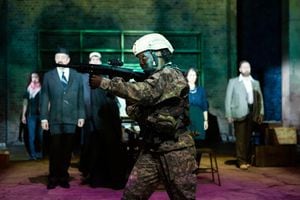
Many of the actors' lines are repeated in Arabic which broadens the play's dimensions but also serves to exclude, perhaps deliberately. It is well-meaning but, like the desert sand, rather dry.
The writer was initially moved to highlight Bell's remarkable life after coming across her picture in the National Portrait Gallery, a woman who had helped to draw the lines of modern Iraq yet someone she had never heard of. For that, we must be grateful to Khalil.
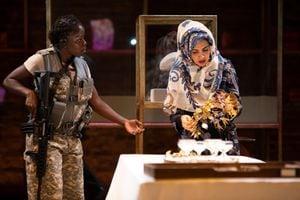
Runs until January 25.



